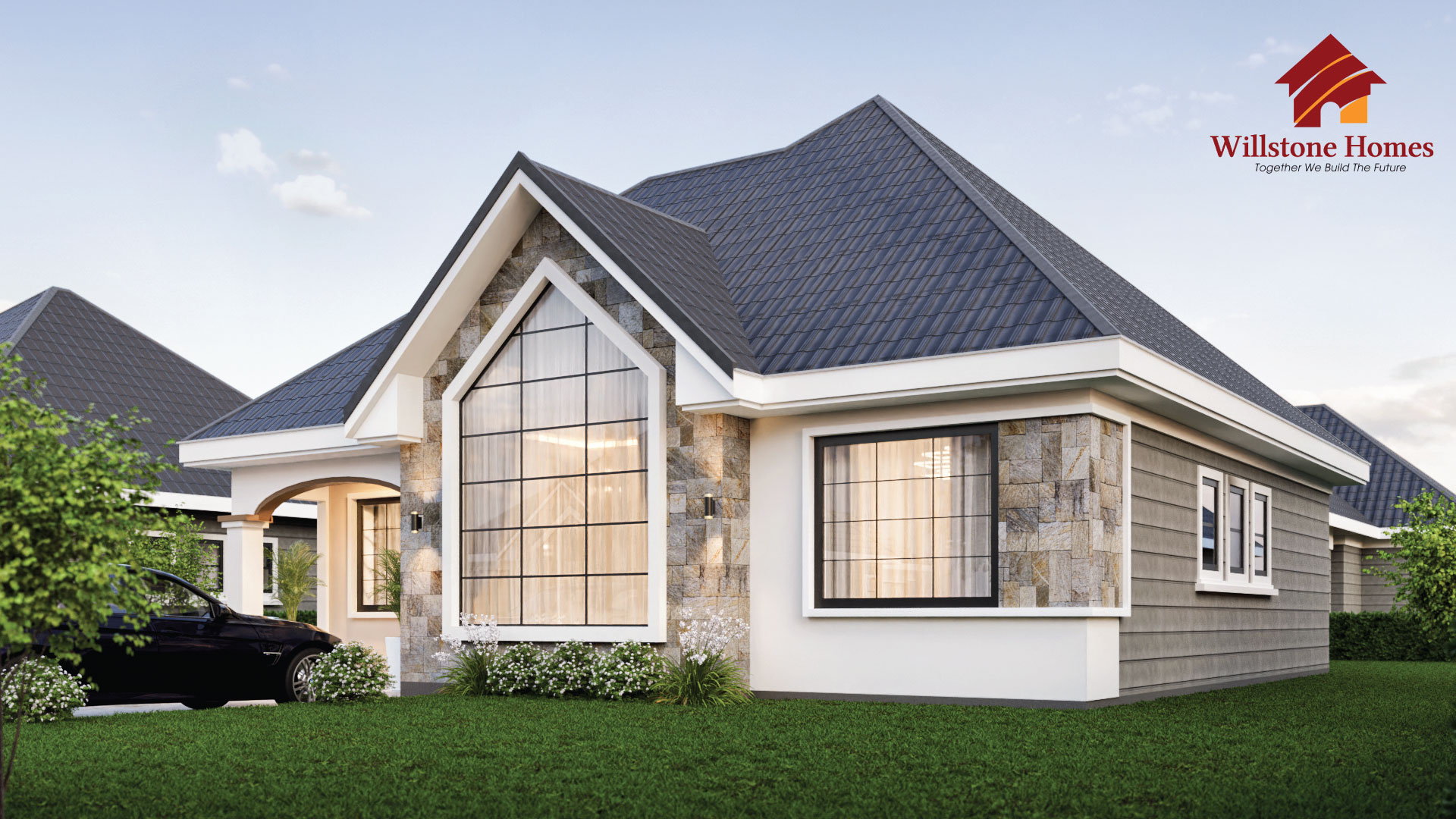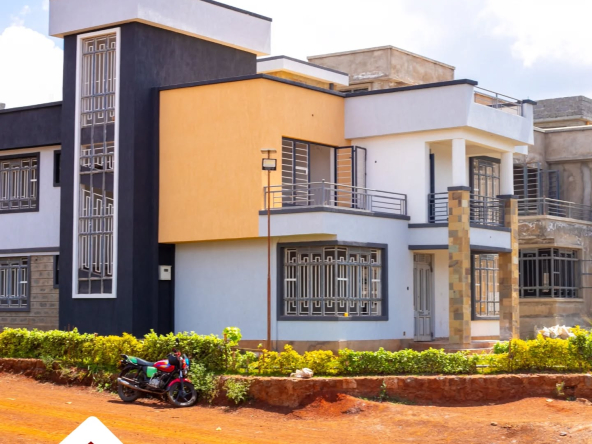A New Wave in Kenya’s Hospitality Scene
Across Kenya’s countryside, a quiet transformation is unfolding. Traditional family homes — once occupied seasonally or left empty after urban migration — are being reborn as short-stay destinations for local and international travelers. This emerging trend, known as rural Airbnb in Kenya, is redefining how tourism functions outside major cities.
From the tea hills of Kericho to the rolling plains of Machakos, homeowners are realizing that visitors no longer seek luxury hotels alone. They want peace, authenticity, and connection — and Kenya’s rural landscapes are delivering exactly that. What began as a few isolated listings has now evolved into a vibrant network of countryside hosts using digital platforms to share their homes, stories, and surroundings with a new generation of explorers.
Why Rural Airbnb in Kenya Is Rising
According to AirDNA data (2024), Airbnb listings outside major cities like Nairobi and Mombasa grew by over 40% in one year. This spike coincides with two key forces:
- Post-COVID domestic travel boom: Kenyans are exploring local destinations for affordable, quiet retreats.
- Improved rural infrastructure: New bypasses, fiber-optic internet, and mobile money make rural stays viable for both hosts and visitors.
Tourism researcher Dr. Thomas Mwangi from Kenyatta University explains:
“Domestic tourism is no longer about hotels. It’s about belonging. Travelers want stories, not just beds — and rural Airbnb in Kenya is giving them both.”
The Business Model: Turning Family Homes into Income
For many families, the shift started organically. Empty homes left behind after urban migration now serve as a new form of passive income.
A typical listing in Embu or Kitale fetches KSh 2,000–5,000 per night, depending on amenities and location. Unlike traditional hotels, startup costs are minimal — often limited to repainting, cleaning, and adding Wi-Fi.
Sample Cost-Benefit Table (2024 Estimate)
| Parameter | Urban Airbnb (Nairobi) | Rural Airbnb (e.g. Nyeri, Machakos) |
|---|---|---|
| Average Setup Cost | KSh 350,000 | KSh 120,000 |
| Average Nightly Rate | KSh 6,500 | KSh 3,000 |
| Monthly Occupancy | 55% | 65% |
| Main Clients | Tourists, expats | Domestic travelers, digital nomads |
| ROI Period | 10–14 months | 6–9 months |
This shift reflects a subtle but powerful decentralization of Kenya’s tourism economy — one where income is trickling back to villages, not just hotel chains.
Digital Nomads and Diaspora Guests Lead the Trend

The other big push comes from remote workers and diaspora Kenyans. Many digital nomads, seeking long stays and authentic experiences, now prefer rustic homes with Wi-Fi and outdoor space.
Samuel Karanja, a Nairobi-based tech consultant, spends one week a month working from his rural Airbnb in Nanyuki.
“I can work online all day, then hike or milk cows in the evening. It’s the best of both worlds,” he says.
Similarly, diaspora Kenyans visiting for family events increasingly book nearby homestays instead of staying in town hotels. The emotional comfort of being “near home” while maintaining privacy is a major draw.
Read Also: The New Building Blocks: How Interlocking Bricks and EPS Panels Are Changing Construction in Nairobi
Social and Economic Impact on Rural Communities
This trend is not just reshaping travel — it’s transforming local livelihoods. Many hosts employ village youth for cleaning, cooking, and guiding guests on nature walks.
In Kakamega County, Airbnb hosts have even formed WhatsApp groups to coordinate pricing and promote cultural tours.
County tourism officer Everlyne Musimbi confirms:
“We’re seeing a new ecosystem — farmers earning from hosting, women’s groups providing catering, and boda riders becoming local tour guides. Rural Airbnb in Kenya is community tourism in action.”
The effect is tangible. Data from Tourism Research Institute (2024) shows that rural tourism contributed 9% of Kenya’s domestic travel spending, up from just 3% five years ago.
Challenges Behind the Charm
Still, it’s not all rosy. Rural Airbnb hosts face several barriers:
- Unreliable electricity and water supply can deter guests.
- Limited marketing knowledge keeps many hosts invisible online.
- Cultural barriers — some families still feel uneasy about “strangers sleeping in ancestral homes.”
Airbnb itself has begun offering workshops through Airbnb Africa Academy, training hosts on photography, guest communication, and local storytelling. The program, piloted in Nairobi, is expected to expand to Meru and Kisumu counties by 2026.
ource: AirDNA Kenya, 2024

The Cultural Dimension: Hosting as Heritage
For many hosts, opening up their rural homes is not just business — it’s a way to preserve culture. Guests often participate in traditional cooking, storytelling, or farming.
Grace Wanjiru notes, “Some guests come back every year just to help us harvest maize or make mukimo. That kind of connection money can’t buy.”
Tourism experts believe this authentic cultural exchange is what differentiates rural Airbnb in Kenya from typical hospitality ventures.
Policy and the Future of Rural Stays
County governments are beginning to notice. In 2025, Laikipia and Nyandarua counties introduced simplified registration for homestay operators. These policies, if replicated nationally, could formalize thousands of small-scale rural Airbnbs.
According to Kenya Tourism Board (KTB) projections, rural and peri-urban homestays could account for 15% of domestic tourism earnings by 2028, translating to billions in redistributed revenue.
The New Face of Kenya’s Countryside
What began as a side hustle for homeowners is quickly becoming a tourism revolution. By blending local culture, digital access, and sustainable hospitality, rural Airbnb in Kenya is proving that tourism’s next big story won’t be written in skyscrapers — but in the quiet hills, fields, and family compounds of rural Kenya.
Read Also: The Hidden Landlords: How Caretakers and Agents Shape Nairobi’s Rental Market

The rise of rural Airbnb in Kenya marks more than just a new business model — it’s a cultural and economic awakening. Across the country, ordinary homeowners are discovering that their family compounds, guest huts, and countryside cottages can be transformed into meaningful income streams. At the same time, travelers are rediscovering the beauty of Kenya’s rural heartlands — not through five-star hotels, but through lived experiences rooted in authenticity and connection.
This movement is also redrawing Kenya’s tourism map. Revenue that once flowed almost exclusively to Nairobi or coastal resorts is now reaching interior counties like Nyeri, Kitale, and Kakamega. Communities once considered “off the grid” are becoming micro-economies of hospitality, creativity, and cultural pride.
As digital access widens and more Kenyans embrace sustainable travel, the countryside stands poised to become the nation’s next big destination. In the end, rural Airbnb in Kenya isn’t just changing where people stay — it’s changing how Kenya tells its story to the world.





